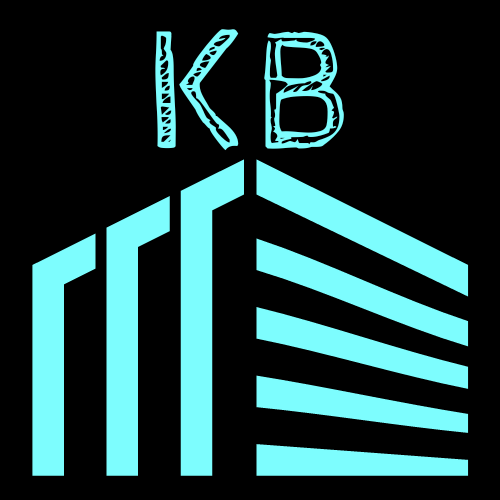In today’s fast-paced and competitive job market, individuals constantly seek career growth and personal fulfillment opportunities. One of the most effective ways to achieve these goals is through workplace training and development programs. These programs play a crucial role in enhancing skills, acquiring new knowledge, and fostering professional growth, ultimately leading to higher job satisfaction and long-term career success. In this blog post, we will explore the significant impact of workplace training and development on individuals’ career growth and overall satisfaction.
Enhancing Skills and Knowledge
Workplace training and development programs provide employees with the opportunity to enhance their existing skills and acquire new ones. Whether it’s technical expertise, leadership abilities, or soft skills like communication and teamwork, these programs help individuals stay relevant in an ever-evolving professional landscape. By investing in training initiatives, organizations ensure that their workforce remains up-to-date with industry trends and advancements.
Acquiring new knowledge and skills boosts individual competence and opens new career opportunities. By expanding their skill set, employees become more versatile and adaptable, enabling them to take on greater responsibilities and challenges. This, in turn, paves the way for career growth and progression within the organization or even in different industries.
Fostering Professional Growth
Workplace training and development programs serve as catalysts for professional growth. They provide employees with a structured framework to set goals, develop action plans, and receive feedback. Such programs often include mentorship, coaching, and career counseling, which help individuals identify their strengths, weaknesses, and areas for improvement. As employees grow and develop professionally, they become more confident and motivated, increasing job satisfaction.
Workplace training and development programs nurture leadership potential. By offering opportunities to learn managerial and decision-making skills, organizations can groom employees for higher-level roles. This benefits individuals in career advancement and creates a pipeline of talented leaders within the organization.
Job Satisfaction and Retention
Workplace training and development programs significantly contribute to overall job satisfaction. Employees with the necessary skills and knowledge to excel in their roles experience a sense of accomplishment and fulfillment. The opportunity to learn and grow within a supportive environment leads to increased engagement and motivation.
Organizations prioritizing training and development are committed to their employees’ professional growth, fostering loyalty and trust. Employees feel valued and appreciated when their employers invest in their development, leading to higher retention rates and reduced turnover. A satisfied workforce contributes to a positive work environment and helps organizations attract top talent in the industry.
Conclusion
Workplace training and development programs are pivotal in career growth and satisfaction in a rapidly evolving job market. By enhancing skills and knowledge, fostering professional growth, and increasing job satisfaction, these programs empower individuals to reach their full potential. Organizations prioritizing training and development reap the benefits of a skilled and motivated workforce and create a continuous learning and improvement culture. By investing in their employees, organizations invest in their long-term success.

